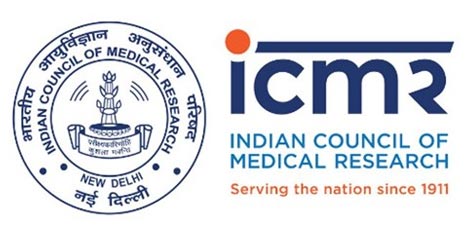Sensational news!! RISUG, the first long lasting male contraceptive that has been successfully tested by ICMR now!!
Posted on: 19/Oct/2023 9:29:14 AM

Finally, a contraceptive for males has come out!! Unbelievable right!!
Females using contraceptives to prevent unwanted pregnancies could soon become a thing of the past. It took 7 years for the ICMR or Indian Council of Medical Research to successfully test the male contraceptive RISUG. This has caught the attention of many now. It must be noted that ICMR has concluded a 7 year follow up of 303 healthy male volunteers.
The superb piece of information is that the non hormonal injectable male contraceptive RISUG or Reversible Inhibition of Sperm under Guidance is safe and efficacious. The research study has been published in the International open access journal Andrology.
About the research activity:
In the study, 303 healthy sexually active and married male subjects of age 25 to 40 years identified from family planning clinics were injected with 60mg of RISUG. The study has brought out that the pregnancy prevention was about 99.02^ and there has been no side effects. Information collected is that RISUG achieved 97.3% azoospermia, that is absence of viable sperms in the semen that is ejaculated. The health of the wives of the volunteers was also monitored closely and there were no adverse effects.
Working principle of RISUG:
Here, a polymeric agent styrene maleic anhydride or SMA in a vehicle of DMSO or dimethyl sulfoxide would be injected into the sperm duct that transports sperm cells from testicles to penis. Dr. Sujoy Kumar Guha from IIT Kharagpur is the one who had developed this male contraceptive.
In 1979 itself, Dr. Sujoy had published his scientific paper on RISUG in the journal Contraception. It took 4 decades for his contraceptive to complete phase-3 trials.
It is noteworthy that his hospital study was based across 5 centres in cities like Jaipur, New Delhi, Udampur, Kharagpur and Ludhiana.
According to Dr. R.S. Sharma, corresponding author of the research study, 2 main concerns about RISUG have been addressed. The important concerns were how long the contraceptive would be effective and how safe it was for the males who received it. He had completed his tenure in ICMR in 2022 after studying 20 years about this male contraceptive.







